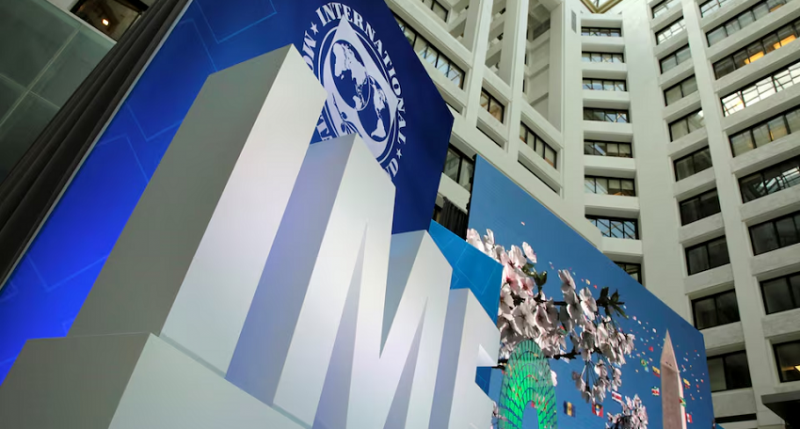
Amid ongoing talks for a new loan from the International Monetary Fund (IMF), Pakistan is considering extending a $15.5 billion debt related to Chinese energy projects by five years, it was revealed on Friday. The extension would require consent from the Chinese government and Independent Power Producers (IPPs) operating in Pakistan, leading to potentially lengthy negotiations, The News reported.
According to the report, if approved, the extension would lower consumer tariffs by Rs 1.1 from 2024 to 2029, and by Rs 0.9 from 2030 to 2040, resulting in an average reduction of Rs 0.18 per kWh from 2024 to 2040. The debt tenure would be extended from 2036 to 2041.
The Ministry's official documents under consideration at the highest level suggest that the extension would increase the debt liability from $15.36 billion to $16.61 billion over five years, or Rs 377 billion in rupee terms.
Pakistani authorities argue that the current tariff structure frontloads debt repayments, burdening consumers heavily in the initial 10 years of the project. Extending the debt tenure would spread out this burden over a longer period, potentially reducing consumer costs and aiding economic growth.
Under the China-Pakistan Economic Corridor (CPEC), Pakistan hosts 21 IPP projects, including coal, hydel, wind power projects, and one transmission line, all financed by China. The outstanding debt of Chinese IPPs in Pakistan stands at $15.36 billion.
Negotiations at the Government to Government (G2G) level and with Chinese IPPs would be necessary to finalize the debt extension, which could increase financing costs by $1.257 billion, post negotiations and contract adjustments, according to The News.
China has heavily invested in Pakistan's energy and infrastructure sectors through CPEC, initiated a decade ago.
Separately, the IMF has urged Pakistan to disclose its liabilities for pensions, state-owned enterprises (SOEs), and subsidies over the next five years, as significant outstanding liabilities were not previously reported, complicating an accurate assessment of Pakistan's total debt and liabilities.
IMF Raises Concerns Over Pakistan's Debt Repayment Capacity as Support Team Arrives
China Reacts Strongly to US Tariff Increase: Bilateral Cooperation at Risk
Israeli PM Proposes Bill to Enlist Ultra-Orthodox Jews, Sparks Debate